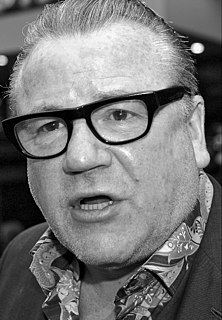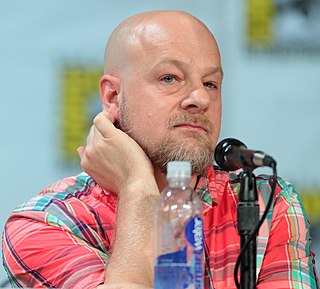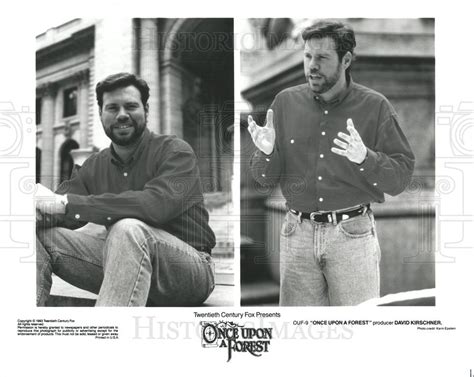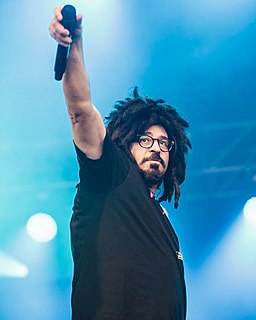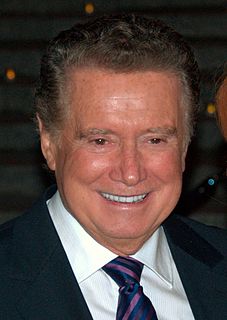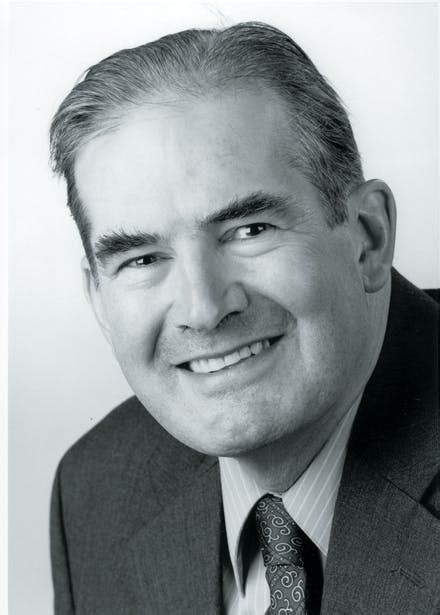A Quote by Ray Winstone
But then when you go through the process of making the film and you sit in the cinema two years later and your jaw hits the floor, it's quite sad in a way because you're looking at yourself - facially anyway - and see the way you looked when you were 20.
Related Quotes
I can remember how I sang - a little more nasal-y back then. Listening to those old recordings is like seeing a photograph of yourself from 10 years ago. You're wearing what you thought looked cool at the time. You had your hair styled the particular way you thought looked cool. It's an accurate depiction of who you were and what you looked and sounded like at that point in your life. It doesn't necessarily mean that it aged in a way that it feels as cool or sounds as good to you, or says what you thought it said, 10 years later. That's just the nature of growing older.
When you're making a film, you don't really have time to consider what the whole of your film is. And then, when you're releasing your film and promoting your film, you're looking at it in a different way. Then, as you move away from it, you start to look at it objectively and think, 'What could I have done better?'
I don't do commentaries on films because A) I'm not very good at it and B) it's an odd thing that I discovered, on my first film, that you go through this really intense experience of making a film and then you sit in a little room with a monitor and you reduce the thing to a bunch of silly anecdotes. It's really unfulfilling and I've never really enjoyed listening to them anyway, so I just don't do them.
Normally my process is to sit in a room and read a script and talk about it and ask questions and just create a dialogue. That goes all the way through shooting. All kinds of thoughts and ideas can find their way in there. As long as you're all on - We're just all trying to tell the story so my job as a director is just to find out what this film wants to be based on, it's just words on a page at some point but then it just needs to go to some level of believable storytelling. I'm discovering the film as I make it, to some degree.
I missed so many opportunities along the way to do what I wanted to do because I didn't have the confidence to tell myself, much less anybody else, 'Yes, this is the business I wanted to be a part of, and not feeling that I had the talent... and letting it go all the way through Notre Dame and then through two years of Navy service.
So that's the process of understanding, and through that process, if you have a deep realization of the selflessness in regard to your absolute self, then it releases your relational self to be happily interconnected with everything in a blissful way. Then you yourself have "no problem" in the sense of no suffering. You reach Nirvana.
The director [Elfar Adalsteins] came to me through my agent and I had a read of the script [of the "Sailcloth]. I thought immediately this is someone who is writing for the cinema. Not having to go through the tedious business of taking something from literature and making that awful leap that is so difficult to make anyway, from literature to cinema. It's refreshing to be able to deal with a subject like that, to be written where the driving force is the image on screen and you don't need any words. The more that we can do that [in film], the better.
But I liked you from the moment I first heard your voice,” he said, “when I had no idea what you looked like. I thought it delicious, the way you bargained for me, as though I were an old rug. Then I loved the way you looked at me. Then I loved the way you ordered me about. I loved your patient and impatient ways of explaining things to me. I love the sound of your voice and the way you move. I love your courage and your kindness and your generosity and your obstinacy and your passion.” He paused. “You’re the genius. What do you think that means?
